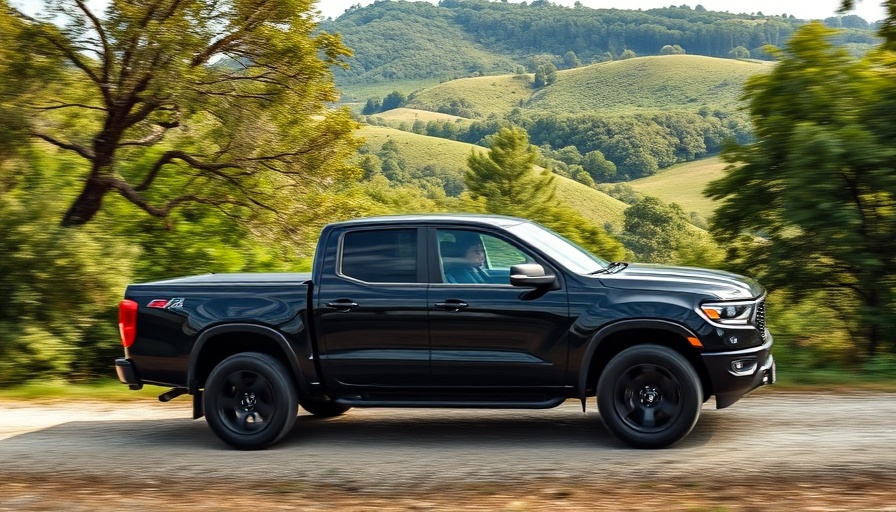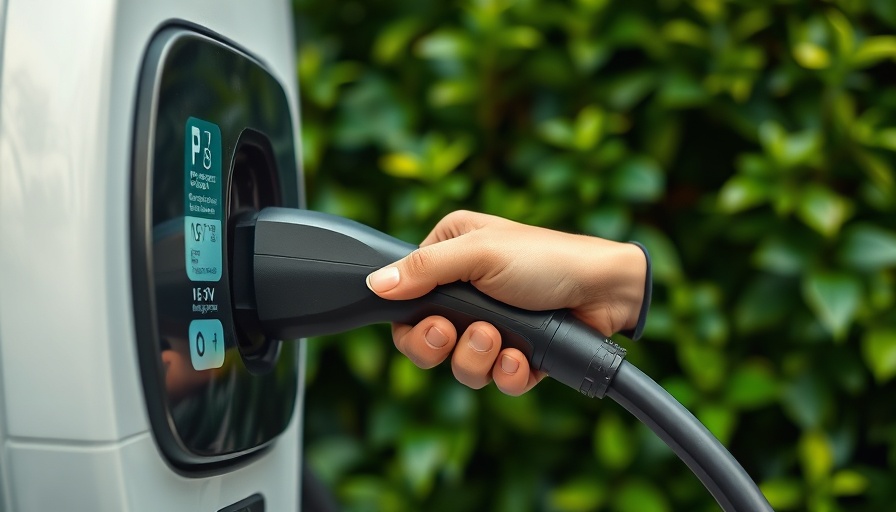
Lyft Accelerates Its Micromobility Vision
Lyft has made a significant move in the world of transportation by acquiring PBSC Urban Solutions, a Canadian leader in bikeshare equipment and technology. This strategic acquisition is more than just a business deal; it’s a bold step that aims to enhance Lyft's micromobility presence across the globe, adding approximately 7,500 bike stations and 95,000 bikes to its existing fleet, thereby doubling its operational scale.
The Growing Importance of Micromobility
In recent years, micromobility—defined as short-distance travel alternatives like bicycles, e-bikes, and scooters—has become increasingly popular in urban settings. Particularly in the wake of the pandemic, cities have seen a surge in demand for cleaner, socially distanced modes of transport. Lyft’s commitment to doubling its micromobility footprint positions it to address this need, expanding from 11 cities to an expected 50 in the coming decade. The benefits are clear: reduced traffic congestion, lower carbon emissions, and a healthier urban lifestyle.
Integration and Future Coordination
One notable aspect of Lyft’s acquisition is its substantial overlap in design and branding with PBSC’s products. Both companies utilize a station-based approach, as opposed to free-floating bike systems, ensuring a reliable and orderly experience for riders. Keeping the branding consistent is essential for Lyft, as it will help maintain user familiarity while expanding into new territories. The synergy in design philosophy lessens the burden of integration, minimizing the time and resources needed to merge their operations.
Successful Precedents in the Industry
This isn't Lyft’s first brush with bikeshare services. In previous years, Lyft acquired Motivate, bringing well-known initiatives like Citi Bike under its umbrella. Citi Bike has flourished since, boasting over 24,000 bikes and facilitating 28 million rides in a single year. This existing expertise gives Lyft the edge it needs to effectively manage PBSC’s immense offerings. By learning from past acquisitions, Lyft is well-equipped to handle this latest challenge.
Benefits for E-Bike Dealerships and Distributors
The expansion of Lyft’s micromobility services presents numerous opportunities for e-bike dealerships and distributors. The rising popularity of bikeshare programs can drive demand for e-bikes, as cities prioritize electric options for shared transportation. This surge can create a thriving market for dealers when it comes to both sales and maintenance of e-bikes. Engaging with Lyft and similar companies could also open avenues for future partnerships and collaborations, potentially boosting local economies and promoting healthier lifestyles.
A New Era in Urban Transportation
As Lyft strategically positions itself in this expanding landscape of urban micromobility, the implications are set to resonate up and down the supply chain. From dealerships to end-users, the acquisition underscores the shift towards more sustainable urban transport solutions.
 Add Row
Add Row  Add
Add 




Write A Comment